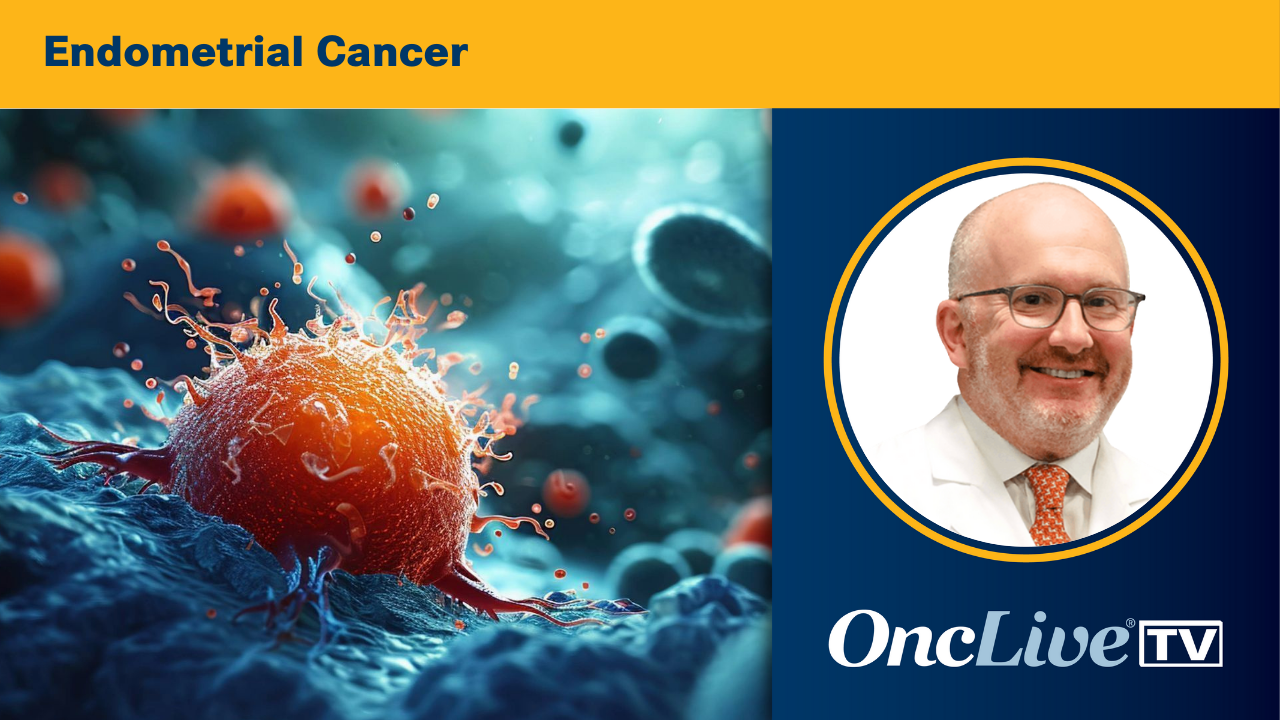Health
Dr. Slomovitz Highlights Education’s Role in Gynecologic Cancer Awareness

Dr. Brian Slomovitz, a prominent figure in gynecologic oncology and co-chair of the Cancer Research Committee at Mount Sinai Medical Center, has underscored the critical role of education in disease management and prevention during Gynecologic Cancer Awareness Month. Slomovitz, who also serves as a professor of Obstetrics and Gynecology at Florida International University, believes that oncologists must extend their responsibilities beyond treatment options to include patient and colleague education on improving health outcomes.
He pointed out that endometrial cancer is the most common gynecologic malignancy in developed countries, with its incidence rates increasing, particularly due to modifiable risk factors such as obesity. Slomovitz noted the importance of discussing prevention methods alongside advancements in treatment options. Recent research has suggested a potential connection between effective weight management and reduced risk of endometrial cancer.
New Insights into Prevention and Treatment
Emerging studies have highlighted the role of GLP-1 receptor agonists, specifically semaglutide, in weight loss and their potential impact on lowering the risk of endometrial cancer. This information emphasizes the need for healthcare discussions that focus on prevention strategies within clinical practice settings.
Slomovitz also stressed the significance of awareness initiatives as vital platforms for sharing updates on standards of care and ongoing research. Advances in immunotherapy and innovative surgical techniques have broadened treatment options, making Gynecologic Cancer Awareness Month an opportune time to reflect on these developments. He stated that ensuring educational efforts keep pace with the latest advancements in systemic therapy, surgical innovation, and biomarker-driven treatment is essential for providing patients with evidence-based care.
Collaboration among healthcare professionals is another key point raised by Dr. Slomovitz. He emphasized the need to strengthen partnerships between oncology specialists, primary care physicians, and the broader healthcare community to enhance early symptom recognition and timely referrals. This collaboration can lead to quicker initiation of therapy, ultimately benefiting patient outcomes.
Addressing Risk Factors and Engaging Patients
While ongoing research into immunotherapy combinations and novel systemic agents continues to expand treatment possibilities, progress can also be achieved by addressing modifiable risk factors. Engaging patients in proactive discussions about cancer prevention remains crucial. Dr. Slomovitz reiterated that awareness initiatives serve as a connecting point between emerging research, established standards of care, and public health measures aimed at reducing the burden of endometrial cancer.
In summary, the emphasis on education, prevention, and collaborative efforts during Gynecologic Cancer Awareness Month is vital for improving patient outcomes and reducing the incidence of gynecologic cancers. Dr. Slomovitz’s insights reflect a commitment to advancing both treatment and prevention strategies in the fight against these diseases.
-

 Technology4 months ago
Technology4 months agoDiscover the Top 10 Calorie Counting Apps of 2025
-

 Health2 months ago
Health2 months agoBella Hadid Shares Health Update After Treatment for Lyme Disease
-

 Health3 months ago
Health3 months agoErin Bates Shares Recovery Update Following Sepsis Complications
-

 Technology4 weeks ago
Technology4 weeks agoDiscover 2025’s Top GPUs for Exceptional 4K Gaming Performance
-

 Technology2 months ago
Technology2 months agoElectric Moto Influencer Surronster Arrested in Tijuana
-

 Technology4 months ago
Technology4 months agoDiscover How to Reverse Image Search Using ChatGPT Effortlessly
-

 Technology4 months ago
Technology4 months agoMeta Initiates $60B AI Data Center Expansion, Starting in Ohio
-

 Technology4 months ago
Technology4 months agoRecovering a Suspended TikTok Account: A Step-by-Step Guide
-

 Health4 months ago
Health4 months agoTested: Rab Firewall Mountain Jacket Survives Harsh Conditions
-

 Lifestyle4 months ago
Lifestyle4 months agoBelton Family Reunites After Daughter Survives Hill Country Floods
-

 Technology3 months ago
Technology3 months agoUncovering the Top Five Most Challenging Motorcycles to Ride
-

 Technology4 months ago
Technology4 months agoHarmonic Launches AI Chatbot App to Transform Mathematical Reasoning













